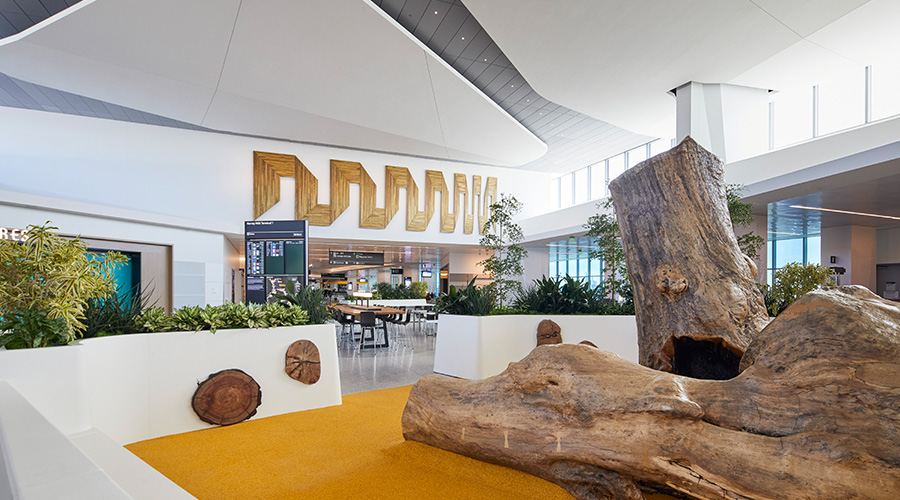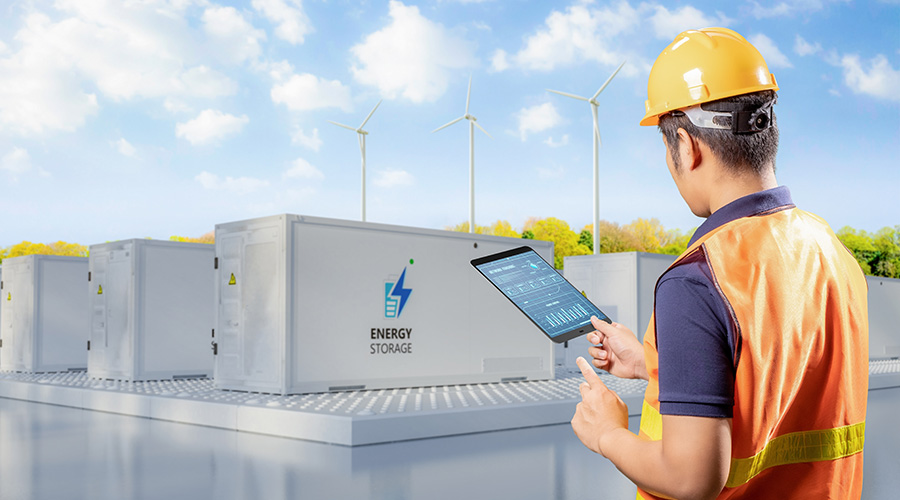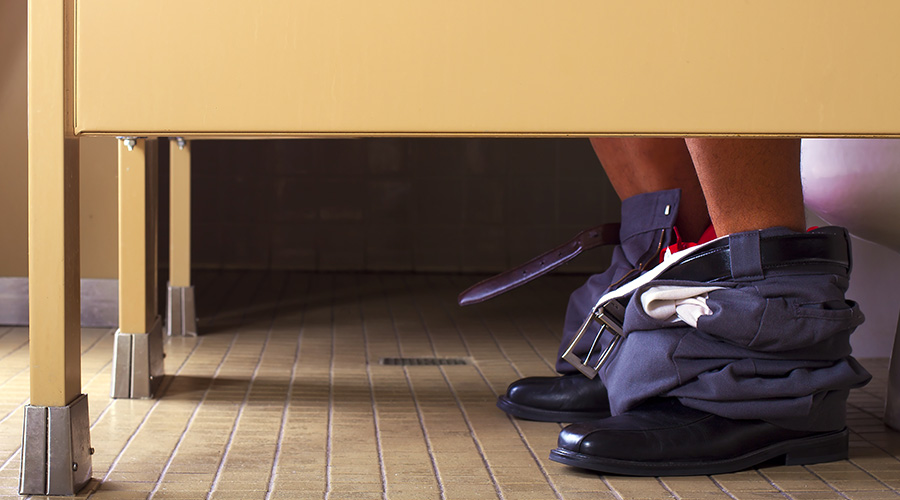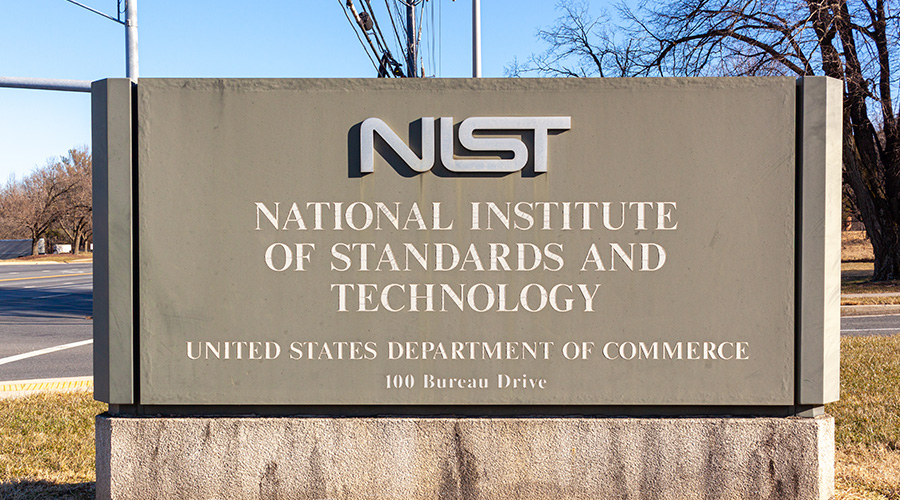
Courtesy of WELL
WELL Standard Reaches 5 Billion Square Feet of Space
Worldwide demand for healthy buildings intensifies as organizations look to improve occupant productivity, ESG performance and bolster resilience February 28, 2024
The International WELL Building Institute (IWBI) announced a landmark achievement: the WELL Building Standard (WELL) is now being used across more than 5 billion square feet of space in 130 countries, signaling its rapid and widespread adoption as the leading healthy building standard in the world. WELL, which is also used by over 150 companies from the Fortune and Global 500, now helps support the health and well-being of an estimated 25 million people in nearly 74,000 commercial and residential locations around the world.
“WELL is empowering organizations everywhere to adopt a robust framework that fosters the health of their greatest asset, their people. WELL helps them improve employee well-being and performance, enhance recruitment and retention, strengthen their ESG strategy and improve outcomes related to diversity, equity and inclusion,” said Rachel Hodgdon, President and CEO, IWBI. “At the same time, WELL is supporting health resilience against climate change or other unforeseen circumstances. This past year, amid the backdrop of mounting health impacts due to heat waves, flooding, water scarcity and other extreme weather events, the imperative for health in all of our buildings has reached critical levels. We’re seeing more and more market leaders deploy WELL as an essential solution to fortify for health, laying the foundation for stronger, more resilient organizations.”
Since the launch of WELL in 2014, thousands of organizations have adopted WELL as an evidence-based roadmap for applying health strategies in their locations or across their organizations. Major companies and brands that are engaging with WELL include, among others, Accenture, American Express, Arup, Barclays, Beijing Guomao, Bloomberg, British Land, Brookfield, CapitaLand Group, CBRE, CIBC, Cisco, Citi, Clifford Chance, COIMA, Colliers, Cundall, Cushman & Wakefield, Deloitte, Dubai Police, Edge Technologies, Empire State Realty Trust, Enel, Estee Lauder, EY, Goldman Sachs, GSK, Hines, Honeywell, HSBC, IBM, JLL, Johnson Controls, JPMorgan Chase & Co, Landsec, Lendlease, LinkedIn, Mastercard, Merck, MillerKnoll, Milliken & Company, Museum of the Future, National University of Singapore, Nucleus Office Parks, PwC, Royal Bank of Canada, RXR, Shaw, Shearman & Sterling, Standard Chartered Bank, Starbucks, Sunrise Senior Living, SUNY College of Environmental Science and Forestry, Taipei 101, T-Mobile,T-Mobile, Teknion, The Crown Estate, The UAE Prime Minister’s Office, Uber and Unilever.
This major WELL milestone also reflects the rising global focus on workforce well-being and deploying efforts to boost employee recruitment, retention and productivity. WELL has seen rapid adoption across nearly every sector, including financial services, building design and construction (AECD), real estate (including retail and residential), healthcare, hospitality, education, energy and utility, manufacturing, transportation, professional services, sports and entertainment, and the public and non-profit sectors. WELL adoption also saw a significant increase in its global presence in every region of the world.
“To our 200-plus member organizations, our more than 13,000 WELL APs, over 30 WELL EPs and all our other WELL champions who join with us every day, we extend our deepest gratitude to you for your vision, leadership and indefatigable spirit.” Hodgdon also noted that the newly launched Works with WELL directory is becoming a practical platform empowering global WELL users with access to products and service solutions that have been verified to support WELL strategies.
Developed over 10 years and backed by the latest scientific research, WELL outlines key building-level interventions and organizational strategies across 10 categories: Air, Water, Nourishment, Light, Movement, Thermal Comfort, Sound, Materials, Mind and Community.
The WELL ecosystem, which comprises WELL Certification, the WELL Health-Safety Rating, the WELL Performance Rating, the WELL Equity Rating, the WELL Community Standard and the WELL for residential pilot, has been adopted by organizations seeking to prioritize human health and well-being. WELL’s holistic, evidence-based approach has provided a roadmap for organizations to promote human and social capital performance and enhance their ESG strategy. As a result, leading companies are making decisions to use WELL at scale, extending the benefits of WELL across their entire organizations or real estate portfolios.
“WELL is now supporting thousands of organizations around the world, demonstrating its role as a highly trusted and widely-used standard for healthy buildings and healthy organizations,” said Prateek Khanna, COO, IWBI. “It’s humbling to know that, across multiple sectors and regions of the world, WELL is helping influence positive health outcomes for tens of millions of people.”
Next
Read next on FacilitiesNet












